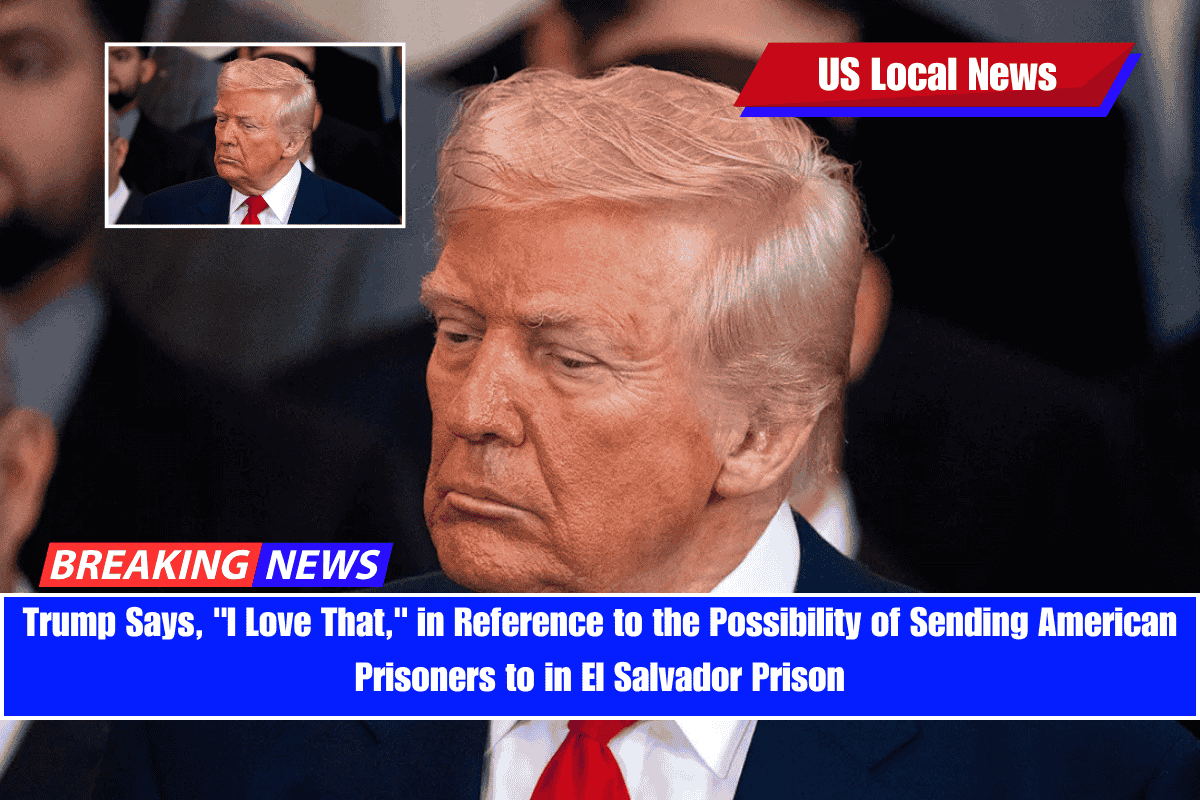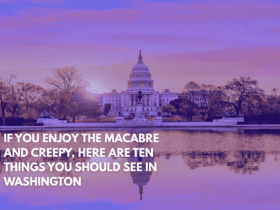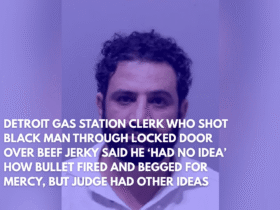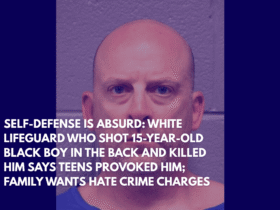President Donald Trump has said he would “love” to send certain American inmates to El Salvador’s mega-prison, but admitted that he needs to check whether doing so is legal.
Speaking with reporters aboard Air Force One, Trump responded to a question about El Salvador President Nayib Bukele’s offer to house some U.S. prisoners, particularly those with long criminal histories.
Trump: Sending Violent Offenders Abroad Would Be “Wonderful”
Trump expressed strong interest in the idea, especially if it means reducing costs and dealing more effectively with repeat offenders. He mentioned prisoners with serious criminal records, including those who have attacked others in public, as ideal candidates for such a move.
“If he [Bukele] would take them, I would be honored to give them,” Trump said. “But I would only do it according to the law.”
He added that if El Salvador can house these criminals at a lower cost, he is open to the idea. However, Trump made it clear that he would not proceed unless it is legally allowed.
What’s the Legal Issue?
Trump said he is unsure what U.S. law allows when it comes to transferring prisoners to foreign prisons, and emphasized the need for a legal review. The idea, while appealing to some in terms of cost-saving and public safety, could raise major legal and human rights concerns.
“I have to see what the law says,” Trump added, noting that he won’t move forward unless it’s clearly permitted.
Background: Trump and Bukele’s Deportation Deal
This comes amid ongoing legal and political tension over the Trump administration’s agreement with President Bukele to deport suspected gang members to El Salvador’s mega-prison, a facility known for housing thousands of violent criminals under strict conditions.
Last week, another group of men was deported from the U.S. under claims they were members of MS-13 and Tren de Aragua—two gangs accused of violent crimes.
However, the White House stated these deportations were carried out using standard immigration authority, not the Alien Enemies Act, which has faced legal challenges and was recently put on hold by the courts.
Legal Battles Over the Alien Enemies Act
Trump’s use of the 1798 Alien Enemies Act to deport migrants has led to lawsuits and a court order suspending its use. Critics argue the law—originally intended for wartime situations—has been wrongly applied to non-state actors like gangs. The White House, however, insists it is acting within its rights to protect national security.











Leave a Reply